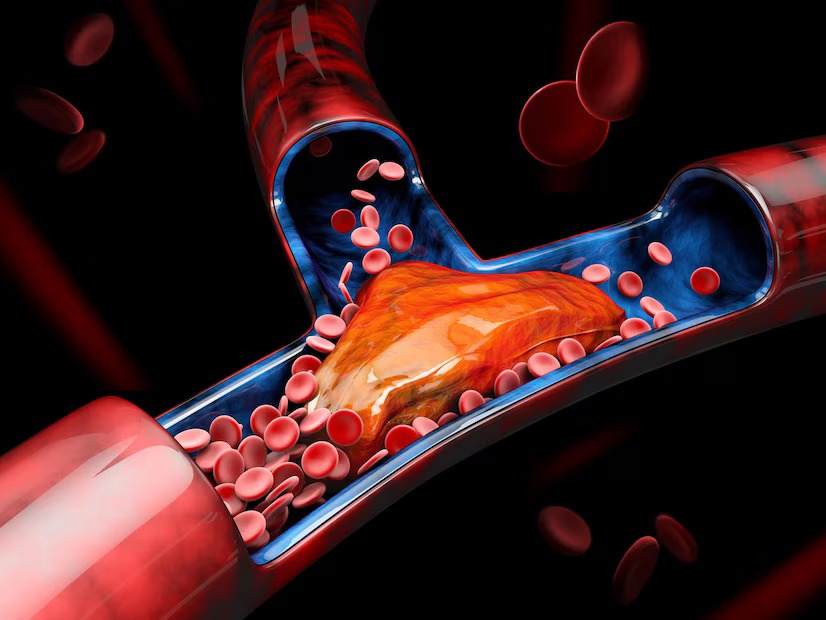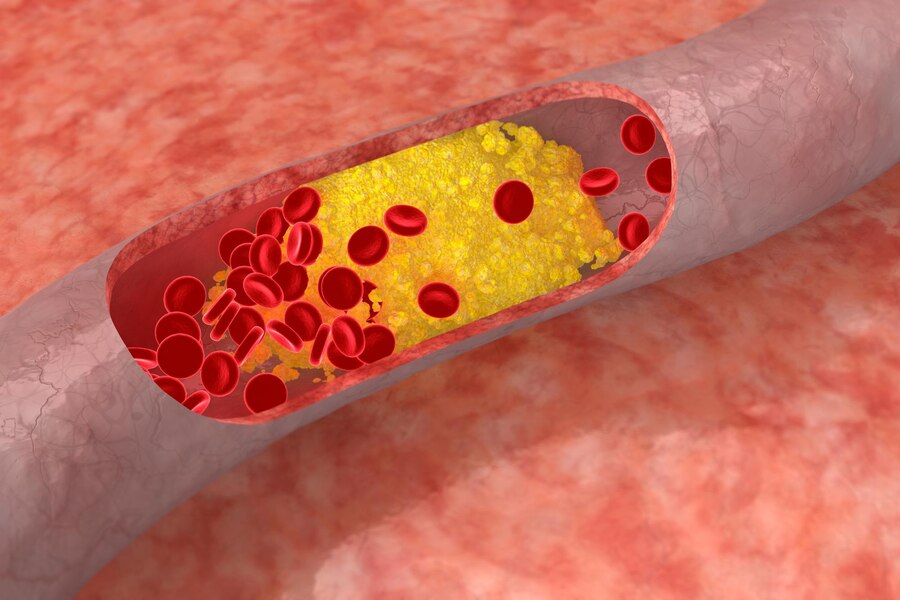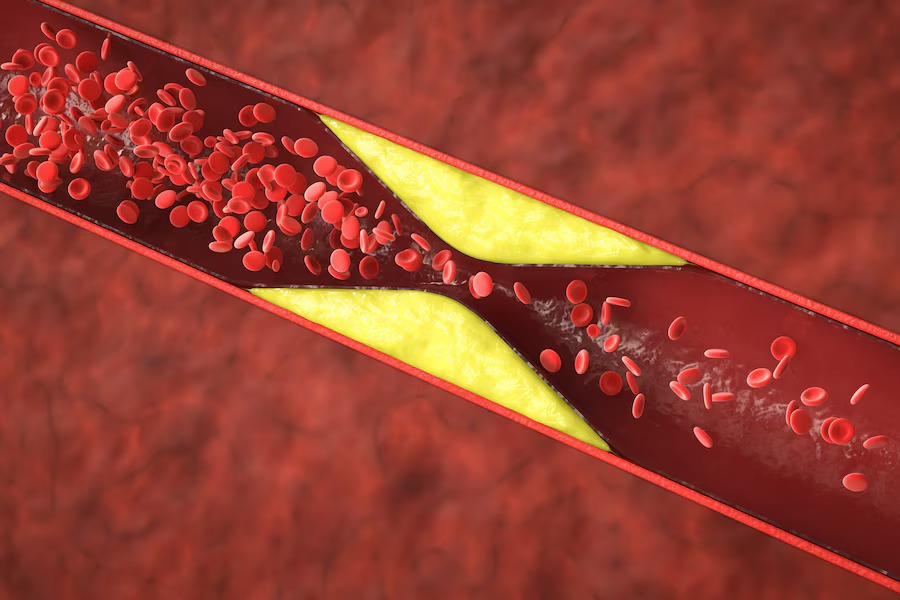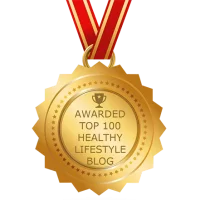Find out how Dr. Cynthia is revolutionizing cholesterol disease treatment. Cholesterol disease is a common condition affecting millions of people worldwide, characterized by elevated levels of cholesterol in the bloodstream. Dr. Cynthia specializes in providing comprehensive treatment for individuals struggling with cholesterol-related problems. With his expertise and personalized approach, he aims to help patients effectively manage their cholesterol levels and reduce the risk of related complications.
Cholesterol is a waxy, fat-like substance found in the body’s cells. While it is essential for various bodily functions, such as forming cell membranes and producing hormones, high levels of cholesterol can pose significant health risks. Dr. Cynthia educates her patients about the importance of understanding cholesterol levels and adopting lifestyle modifications to maintain optimal health.
Understanding Cholesterol Disease
Various factors contribute to high cholesterol levels, including genetics, diet, lifestyle choices and underlying medical conditions. Dr. Cynthia emphasizes the importance of identifying these risk factors to develop a tailored treatment plan for her patients. Additionally, she educates people about the symptoms of high cholesterol, which can include chest pain, heart palpitations and shortness of breath.
Cholesterol disease, scientifically known as hypercholesterolemia, is characterized by high levels of cholesterol in the blood. This condition substantially increases the risk of heart disease and stroke, emphasizing the importance of timely intervention and treatment.
Complications associated with untreated high cholesterol can be serious, ranging from heart disease and stroke to peripheral artery disease and gallstones. Dr. Cynthia emphasizes the importance of early detection and management to prevent these complications and improve overall health outcomes.

Causes and Risk Factors of High Cholesterol
Many factors contribute to high cholesterol levels, including genetics, diet, lifestyle choices, and underlying medical conditions such as diabetes and obesity. Age, gender, and family history also play an important role in determining a person’s risk of developing high cholesterol.
1. The Role of Diet and Lifestyle in Managing Cholesterol
Adopting a healthy diet rich in fruits, vegetables, whole grains and lean proteins can help reduce cholesterol levels. Avoiding saturated and trans fats, reducing salt intake, and limiting alcohol intake are also important dietary recommendations. Regular exercise, weight management and smoking cessation contribute to cholesterol management and overall heart health.
2. Importance of regular monitoring and follow up
Regular monitoring of cholesterol levels through blood tests is necessary to monitor progress and adjust treatment strategies as needed. Follow-up appointments with healthcare providers allow for comprehensive evaluation and ongoing support in effectively managing cholesterol disease.

Diagnosis and Testing of Cholesterol levels
Regular checking of cholesterol levels is essential, especially for individuals who have a family history of heart disease or other risk factors. Dr. Cynthia recommends regular blood tests to measure cholesterol levels and assess heart health. In cases where further evaluation is needed, diagnostic tests such as lipid profile and coronary angiography may be recommended.
Cholesterol Disease Treatment Options
Dr. Cynthia advocates a comprehensive approach to cholesterol management, combining lifestyle modifications with medical intervention when necessary. She educates her patients about the importance of maintaining a healthy diet rich in fruits, vegetables, whole grains, and lean proteins. Additionally, he or she may prescribe medications such as statins, bile acid sequestrants, or cholesterol absorption inhibitors to effectively lower cholesterol levels.
1. Medication management
Effective cholesterol disease treatment often includes the use of drugs such as statins, bile acid-binding resins, cholesterol absorption inhibitors, and PCSK9 inhibitors. These medications work to lower cholesterol levels and reduce the risk of cardiovascular complications.
2. Lifestyle modifications
Along with medication, lifestyle changes play an important role in managing cholesterol disease. Dr. Cynthia advocates a balanced diet rich in fruits, vegetables, whole grains, and low-fat proteins. Regular exercise, quitting smoking and limiting alcohol intake are also essential to control cholesterol levels.
Dietary recommendations
A balanced diet plays an important role in cholesterol management. Dr. Cynthia provides her patients with dietary recommendations tailored to their individual needs and preferences. She recommends limiting your intake of saturated and trans fats, as well as cholesterol-rich foods such as red meat and full-fat dairy products. Instead, she encourages consumption of foods rich in soluble fiber, such as oats, beans and legumes, which can help lower cholesterol levels.

Supplements such as omega-3 fatty acids, soluble fiber, plant sterols, and niacin may complement conventional treatment methods. However, it is important to consult a health care professional before adding supplements to your diet to ensure safety and efficacy.
Exercise and physical activity
Regular exercise is important for maintaining heart health and controlling cholesterol levels. Dr. Cynthia recommends incorporating at least 30 minutes of moderate-intensity exercise into your daily routine, such as brisk walking, cycling, or swimming. She works closely with her patients to develop personalized exercise plans that accommodate their fitness level and goals.
Alternative treatments
1. Conventional treatments,
Dr. Cynthia explores alternative treatments that can complement cholesterol management strategies. She discusses the potential benefits of herbal supplements such as garlic, fish oil, and plant sterols in reducing cholesterol levels. Additionally, she may recommend acupuncture as a holistic approach to promoting overall wellness and reducing stress.
2. Traditional treatments,
holistic approaches that focus on overall wellness are gaining ground. Practices like yoga, meditation and stress management techniques can have a positive effect on cholesterol levels and enhance overall health.





